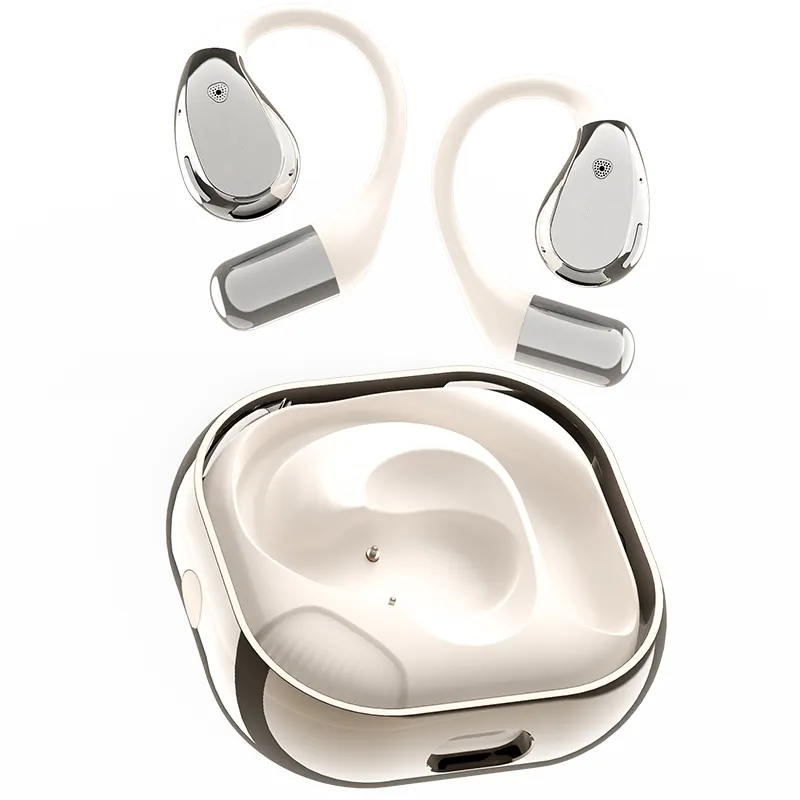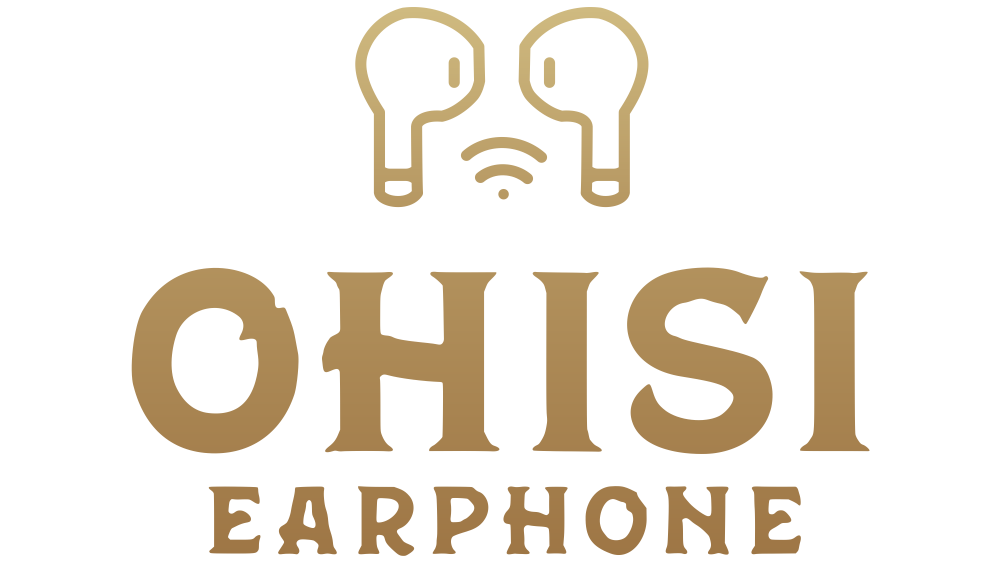In a world where language barriers still hinder communication, relying on human translators can be costly and inefficient. This leads to missed opportunities, increased expenses, and communication breakdowns. The solution? AI translator earbuds. These devices offer real-time translation, making them a game-changer in 2025. But can they truly replace traditional translators?
AI translator earbuds have the potential to replace traditional translators by providing real-time translation at a fraction of the cost. With advancements in AI, these earbuds are increasingly accurate, portable, and efficient, making them a powerful alternative.
AI-powered translation technology is advancing rapidly, and many businesses and travelers are asking if these innovative earbuds can fully replace human translators by 2025. Let’s dive into the pros and cons.
How Do AI Translator Earbuds Work?
AI translator earbuds function by using machine learning and speech recognition technology to translate spoken words in real-time. The device connects to a smartphone or smart device, where translation software processes the speech and sends it to the earbuds.
Unlike traditional translation methods, which require a human translator to listen, understand, and provide a translation, AI translator earbuds instantly process the audio and translate it within seconds. This immediate translation can be invaluable in business meetings, customer service, and even travel situations, where speed is crucial.
Key Components of AI Translator Earbuds:
- Speech Recognition: Converts spoken words into data for translation.
- Real-Time Translation Algorithms: Translates data quickly and accurately.
- Bluetooth Connectivity: Syncs with your smartphone or other devices for translation support.
- Noise-Canceling Technology: Ensures clear communication in noisy environments.
These earbuds are ideal for situations where immediacy is required. However, there are still limitations regarding context, tone, and idiomatic expressions that can affect accuracy.
Advantages of AI Translator Earbuds
AI translator earbuds offer numerous advantages, especially when compared to traditional translation methods. Here are the primary benefits:
| Advantages | Description |
| Cost-Effective | A one-time purchase is much cheaper than hiring a human translator. |
| Portability | Earbuds are lightweight, compact, and easy to carry, making them perfect for travel or meetings. |
| Real-Time Translation | Instant translation allows for smoother communication without delays. |
| Scalability | AI translator earbuds can support multiple languages, allowing for use in diverse regions. |
| 24/7 Availability | AI earbuds are always ready, unlike human translators who may not be available on short notice. |
In an era where efficiency and cost-effectiveness matter more than ever, these earbuds present an attractive alternative to hiring professional translators, particularly for companies and individuals needing on-the-spot translations.
Limitations of AI Translator Earbuds
While AI translator earbuds have made significant strides, they still face limitations that prevent them from completely replacing human translators, especially in more complex scenarios. Some challenges include:
- Context and Nuance: AI can struggle with the subtleties of context, idioms, and cultural references. In sensitive business meetings or high-stakes negotiations, this can lead to misunderstandings.
- Accuracy in Complex Conversations: While AI has become quite accurate in translating common phrases, specialized industry terms and technical jargon can sometimes be lost in translation. Human translators have a nuanced understanding of specific fields, which AI struggles to replicate.
- Emotional Tone: AI translation lacks the ability to convey emotional tone, body language, and non-verbal cues that human translators can interpret. In situations like negotiations or counseling, this can make a big difference in the quality of communication.
Despite these challenges, the gap between human and AI translators is narrowing. By 2025, it’s likely that AI translators will be able to handle even more complex tasks.
The Role of Traditional Translators in 2025
In 2025, human translators will still have a place in situations where accuracy, context, and cultural sensitivity are essential. For example, in legal or medical translations, where understanding the precise meaning and legal ramifications of every word is crucial, AI earbuds will not be a suitable replacement.
However, for most everyday scenarios—such as casual business meetings, tourist interactions, and basic communication—AI translator earbuds will provide a faster and more affordable alternative. In fact, human translators may start to focus more on high-level tasks, while leaving the routine translations to AI-powered devices.
How Much Do AI Translator Earbuds Cost?
The price of AI translator earbuds varies significantly based on the brand, features, and language capabilities. Here’s a general breakdown of pricing:
| Brand | Price Range | Languages Supported | Features |
| Google Pixel Buds | $179–$229 | 40+ languages | Google Assistant, real-time translation, noise-cancellation |
| WT2 Plus Translator | $299–$349 | 40+ languages | Two-way translation, 10-hour battery life |
| Timekettle M2 | $159–$229 | 93 languages | Real-time translation, supports audio and text |
| Travis Touch | $199–$279 | 105 languages | 4-inch touchscreen, 2-way translation |
| Ohisi T45 | $20-$50 | 130 languages | 2-way translation, with app online offline translator earphone. |
While they are more affordable than hiring a human translator, these devices are still an investment. As technology improves, the price is expected to drop, making them even more accessible.
Ohisi T45 AI Translator Earbuds

Will AI Translator Earbuds Fully Replace Human Translators by 2025?
The short answer is: not entirely. While AI translator earbuds offer many advantages, they will likely complement rather than replace human translators. By 2025, these devices will be indispensable tools in situations requiring quick and cost-effective communication. However, for more nuanced or critical communication, human translators will still be necessary.
That being said, the continuous advancements in AI technology could lead to even more sophisticated AI systems, which might fill the gap in complex translations by 2030 or beyond.
Target Market for AI Translator Earbuds
AI translator earbuds are particularly appealing to:
- Business Professionals: Ideal for international meetings, conferences, and negotiations.
- Tourists: Perfect for navigating foreign countries and communicating with locals.
- E-commerce Businesses: Useful for customer support teams handling inquiries from global customers.
- Language Learners: A great tool for practicing and improving foreign language skills.
The demand for AI translation solutions is growing in these sectors, with businesses and individuals eager to adopt them as reliable communication tools.
Conclusion
While AI translator earbuds have made tremendous progress and can replace traditional translators in many scenarios, there will always be a need for human involvement in certain fields. As we look ahead to 2025, AI-powered translation devices will become more powerful and indispensable, but they will complement human translators, not fully replace them.
For those seeking a reliable, cost-effective way to communicate across languages, AI translator earbuds offer an excellent solution—just not for every situation.
By 2025, these devices will certainly be an essential tool for business professionals and travelers alike.

